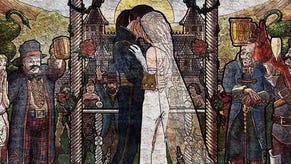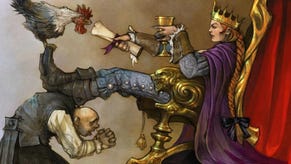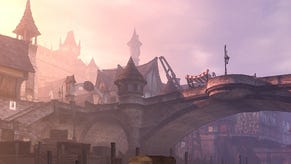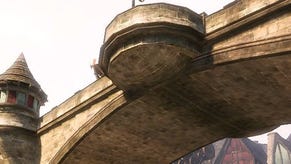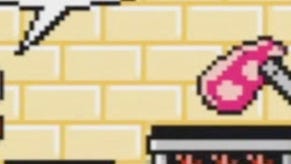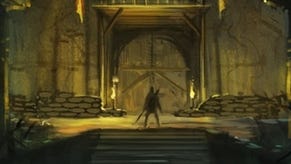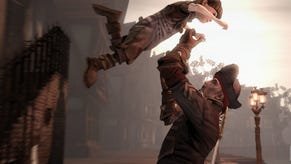Fable III
The difficult third Albion.
We've hardly been starved of RPGs since Fable II came out. Thanks to BioWare alone, Mass Effect 2 had us chasing the Collectors through the Omega-4 Relay (killing all our friends in the process), while Dragon Age taught us all kinds of arcane trivia that we wouldn't shut up about for six months (boring all our friends in the process). So for the first few hours of Fable III, it's not exactly good news that you sense the law of diminishing returns.
Okay, you're a prince stirring up a rebellion against your brother, the evil king, but you do much the same stuff you did in Fable II, and the most noteworthy changes are superficial. Sure, the pause menu is no longer a list of buttons, it's a series of rooms staffed by John Cleese, but as revelatory new features go this isn't exactly planting an acorn and returning a few years later to discover a tree, is it? (Still no sign of this, by the way - maybe next time.)
Lionhead is traditionally very good at gimmicks, but these can only distract you from the conformity. You're still following the breadcrumb trail - Fable's version of a mission compass - between quests you monitor on a quest log; combat is still a mashy, three-button affair where you alternate between melee, ranged and magic attacks; and it's still an untidy game, where the frame-rate drops, people speak over one another and enemy AI is prehistoric.
Even the outline of the story is eerily familiar. As the younger son of the second game's famous Hero, you're a bit of a nobody until your brother does something so horrible that you and your trusty mentor Sir Walter abandon Bowerstone Castle and disappear off to foment revolution. You do this by travelling to the four corners of the realm to recruit key allies, before a telegraphed break point sends you to a faraway place and you return to a dramatic final third where the rules have changed. Ring any bells?
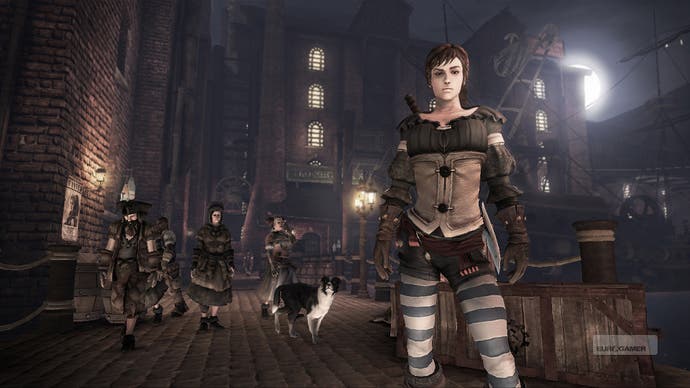
Fortunately, it doesn't take long to remember something important that all of the above overlooks. Fable was always competently if not spectacularly constructed, but its quality wasn't really in its systems or visuals, it was in the fabric of the land, and while Fable III is not so different to Fable II in many respects, it still has something that sets it apart from the traditional RPGs it agitates to transcend: it has Albion. And it's good to be back in Albion.
Albion! Where everything you touch turns to fun. Where a mission to help three wizards rescue a princess turns into an extended, subversive piss-take of game development, without ever dropping out of character. Where you find yourself pulled into the lost manuscript of a famous playwright's last production and forced to act out key scenes to demonstrate your worth to his ghost. Where a little girl says, "Are we there yet?" on one side of a loading screen and, "Are we there yet NOW?" on the other. Where there is an Achievement for making a royal declaration while dressed as a chicken.
Serious events in your character's life are still only serious events if they're nailed to the main thread of the story. Whatever you choose to do outside that story will be treated with withering sarcasm or sent up for comedy value - side-mission reward screens mock your decision-making with metronomic reliability, while sex is still a punch-line rather than a tacky visual payoff to coax you into developing relationships with other characters.


